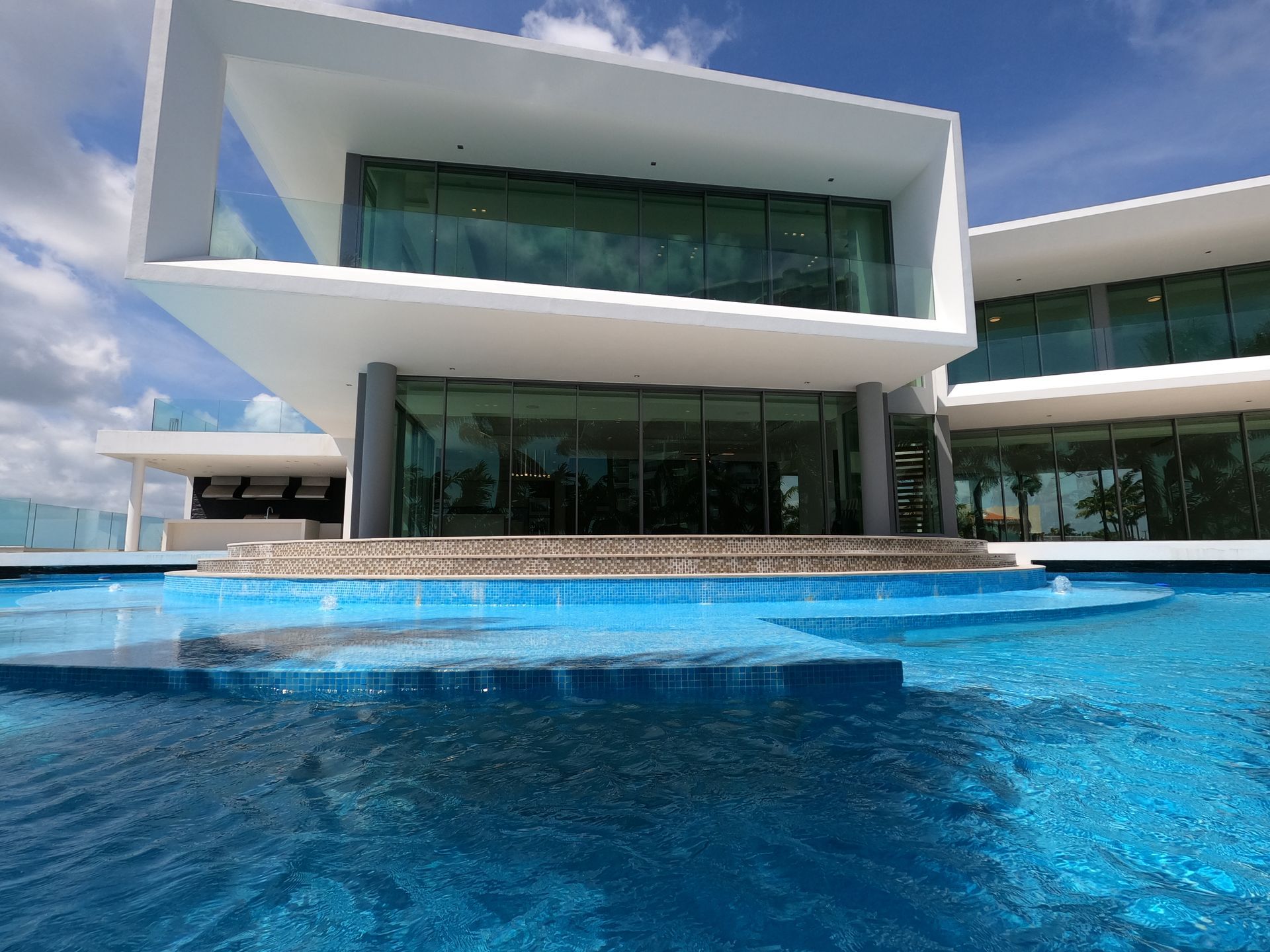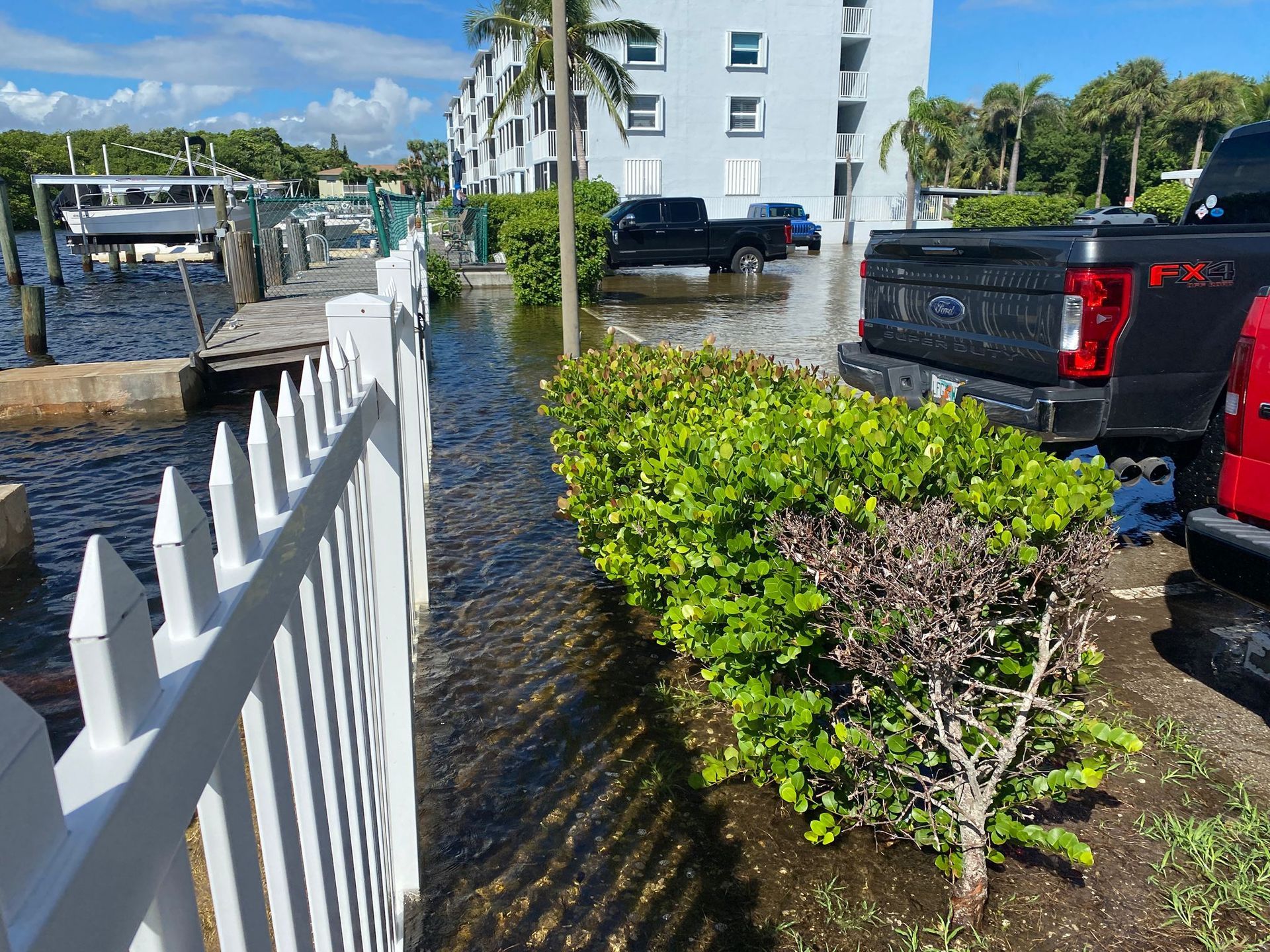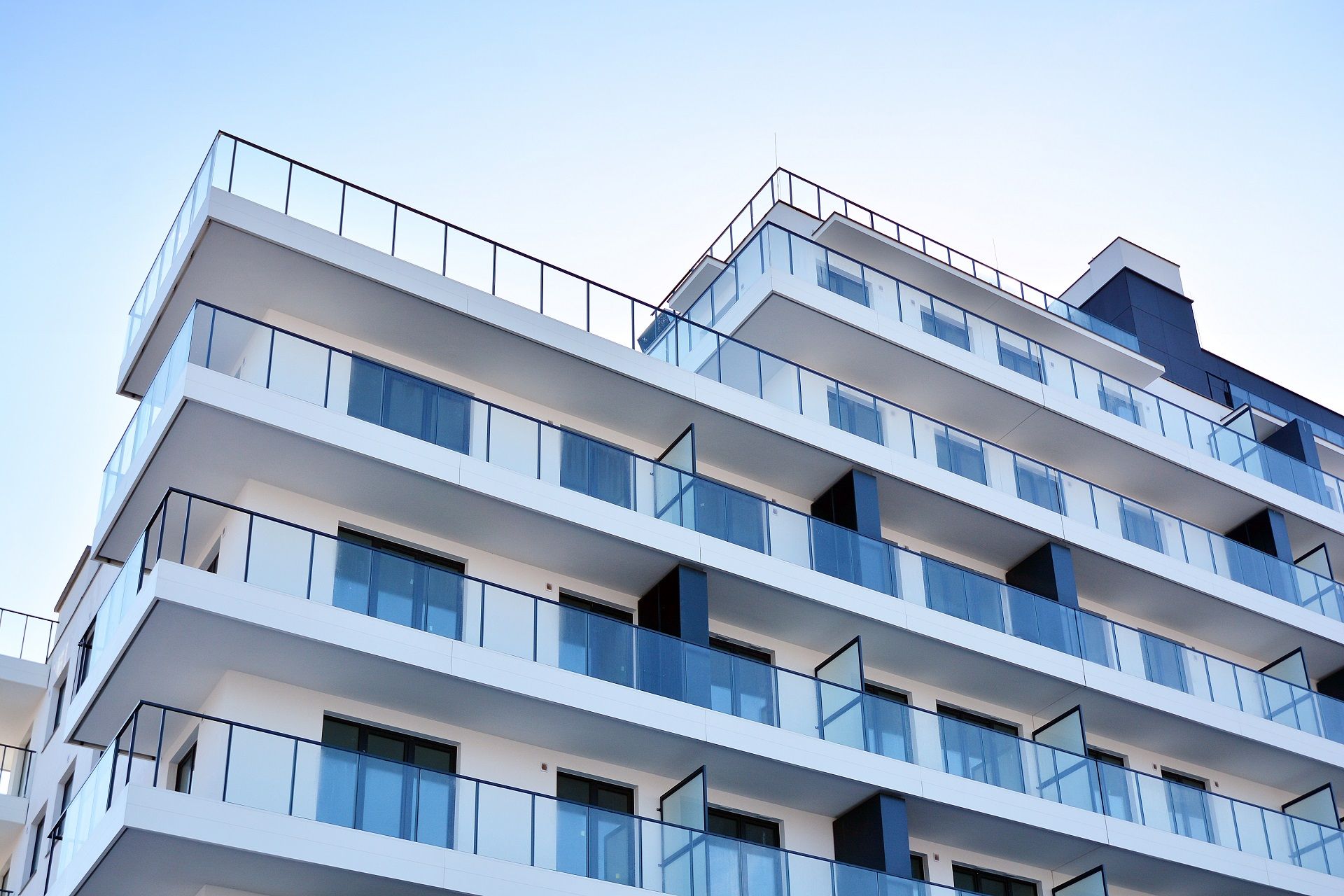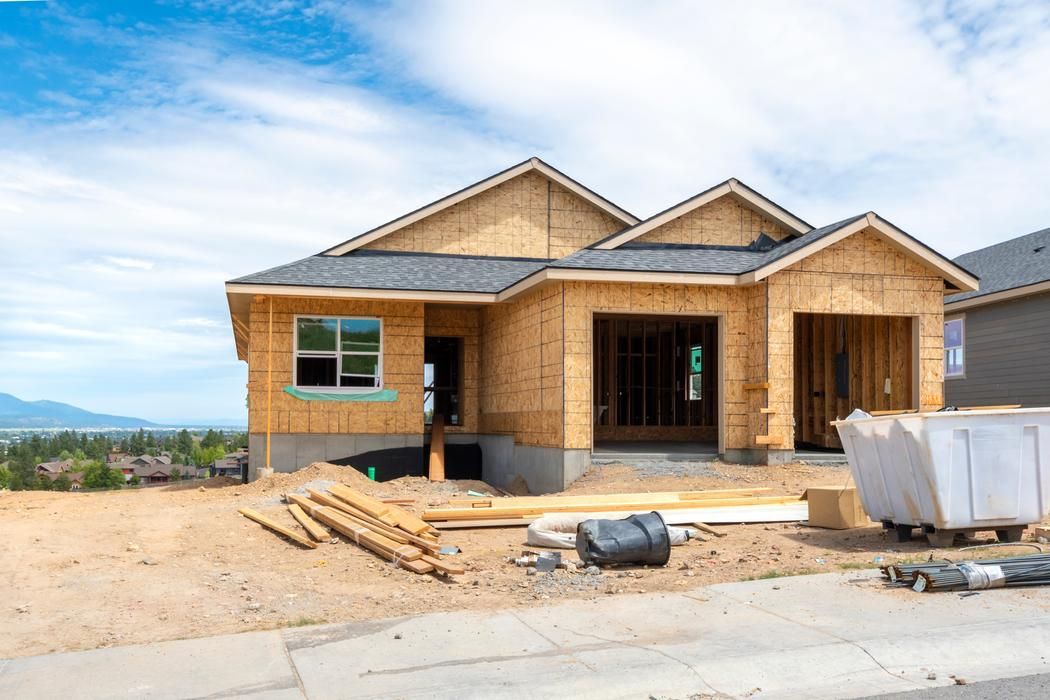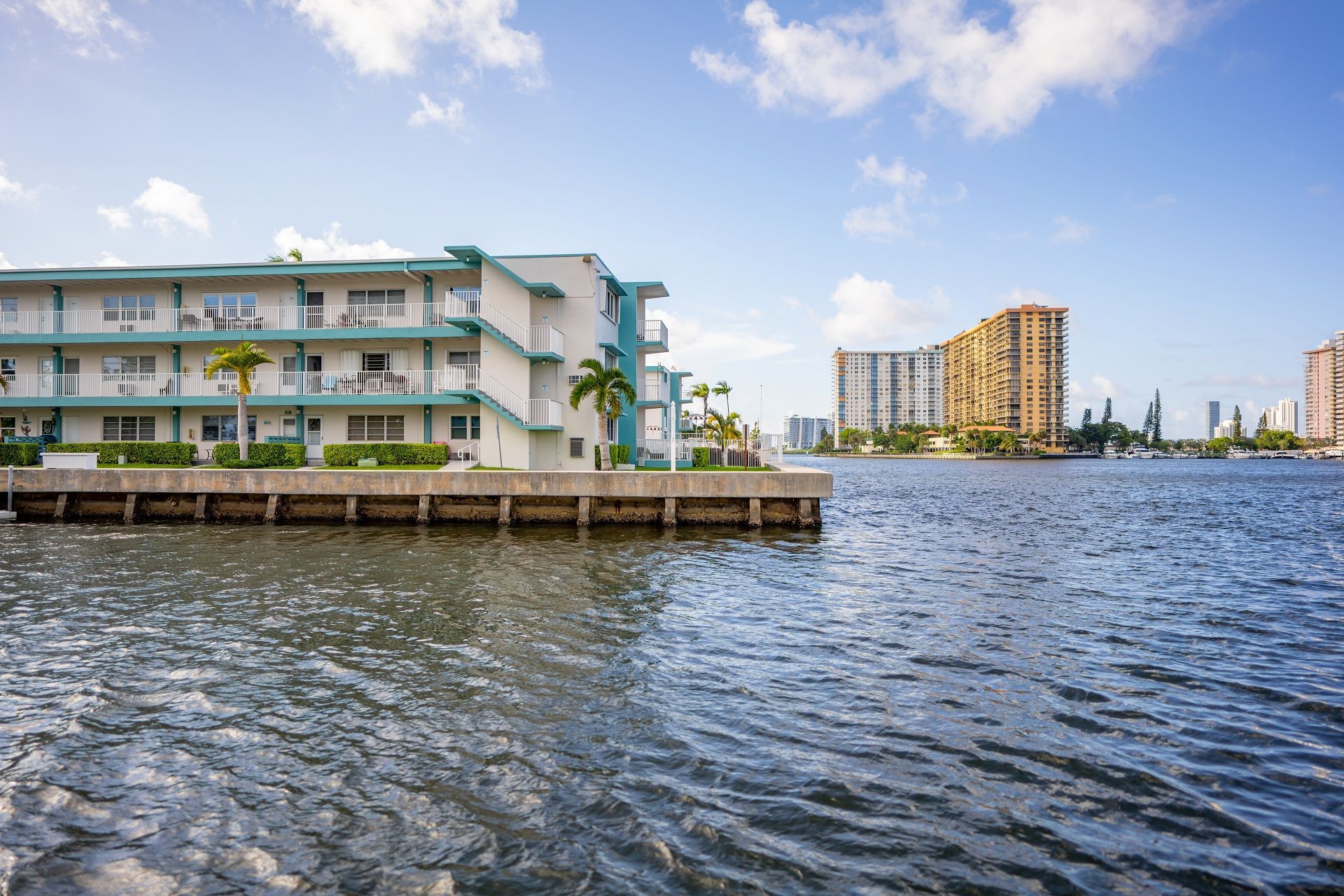Should I Get A Condo Inspection?
If you’re in the process of purchasing a condo, before putting down a large amount of money forward, you need to do everything in your power to determine whether you’re making the right investment.
Granted, if this is your first time purchasing a piece of property, you’re probably confused about the whole process. For instance, you may not know what inspection services provide little to no value and those that are an absolute necessity.
Such is the case with
condo inspections. While many buyers are resistant to scheduling a condo inspection because it only involves the interior of the unit (rather than checking exterior and communal spaces), this service is precious. Regardless of its limits, an interior check can provide you with a lot of knowledge about the unit, like whether the price is fair and costs you can anticipate in the future.
What Is A Condo Inspection?
Similar to a regular inspection, a condo inspection is a comprehensive and non-invasive examination of the structural components and systems of a home. During the evaluation, the inspector will take on an unbiased approach to discovering any structural or safety hazards.
Furthermore, the inspector will ascertain the condition and age of the major systems in a condo, including the HVAC, plumbing, and others. They’ll help determine which components aren’t up to scratch and identify unusable items that are beyond repair.
The inspection also addresses the areas where repairs are necessary, as well as areas that were likely repaired in the past.
What Do Inspectors Check During A Condo Inspection?
A condo inspection is limited to the interior of the unit you’re looking to purchase. The inspector will visually inspect the floors, walls, and ceiling for any sloping or cracking - a clear indication of structural issues with the building as a whole, not just the single unit.
Equally important, your inspector will check for any visible mold, warping, or a sign of past repairs to figure out if the building has a water intrusion problem. Any sign of past
renovation may indicate that the building has a recurring issue with water intrusion, which unfortunately requires a lot of money to address.
Next up are openings such as windows and doors. The inspector will check if they open and close with ease. This is paramount as windows that have a hard time opening or closing can point to a structural problem. In addition, it’s mandatory to check if they fit tight, thus helping keep any potential water leaks at bay.
However, one of the key stops during the condo inspection is checking the operation of the main systems.
With plumbing, the inspector will check the functionality of all plumbing fixtures in the condo and try to find issues such as slow drains or indications of leaks. This provides you with an insight into the condition of the shared plumbing system.
Similarly, the condo inspection covers the overall condition of the electrical system. For instance, the inspector may check the operation of all switches and outlets on the property, as well as the condition of GFCI outlets in the kitchen and bathroom.
The condition of the HVAC system is also under heavy scrutiny so the inspector will perform a basic inspection of the unit. If the building uses a shared system, it’s not covered by the inspection. However, feel free to inquire the building owner about the condition and repair history of the shared HVAC installation.
Lastly, the inspection will inspect any fixtures and appliances that come with the condo unit.
Does A Condo Inspection Cover Common Areas?
Despite the focus being strictly on the interior of the unit, the inspector can perform a quick inspection of the accessible common areas for obvious problems. This is especially important for areas adjacent to your unit where the inspector will determine if any problems may lead to damage within your apartment.
If your unit comes with a dedicated garage or attic space, the condo inspection will cover those particular areas.
Why You Should Schedule A Condo Inspection
An inspection by a certified inspector is an impactful step in the purchasing process. After all, it ascertains whether the property is worth the asking price, thus helping you reach an informed conclusion on the quality of the investment.
While not as comprehensive as the regular
home inspection (strictly due to inherent limitations of condo properties), a close examination of the interior is more than enough to provide you with an idea of the overall quality and condition of the building. This not only helps you learn about the current state but also helps you anticipate any challenges you may encounter in the future.
You can use the data contained in a condo inspection report to adjust the price (if possible) or move on to another property if there are issues that would otherwise drain your bank account.
Make The Right Call
Many condos look fine on the surface but are in all actuality a money dump. Despite an attractive location or the fresh coat of paint on the building, the unit may simply be defective. Now, you may be fine for a few years, but eventually, those hidden issues will rear their ugly head - leaving you with a hefty bill, no less.
A condo inspection can help you avoid all that hassle, or at least, negotiate a better price so you can use that extra money to make the necessary repairs.
The question is who you’re going to hire to perform the inspection. We’re proud to say that
Certified Inspectors is the best choice. By choosing us, you can always expect a thorough inspection where absolutely no corners get cut. We have close to thirty years of experience in the industry and can confidently claim that we will find issues that other, less experienced inspectors, may overlook.
Don’t waste any time - dial
(561) 570-6311 or
fill out our contact form and book the best inspection money can buy.
Disclaimer: The information on this website and blog is for general informational purposes only and is not professional advice. We make no guarantees of accuracy or completeness. We disclaim all liability for errors, omissions, or reliance on this content. Always consult a qualified professional for specific guidance.
Share the post:

